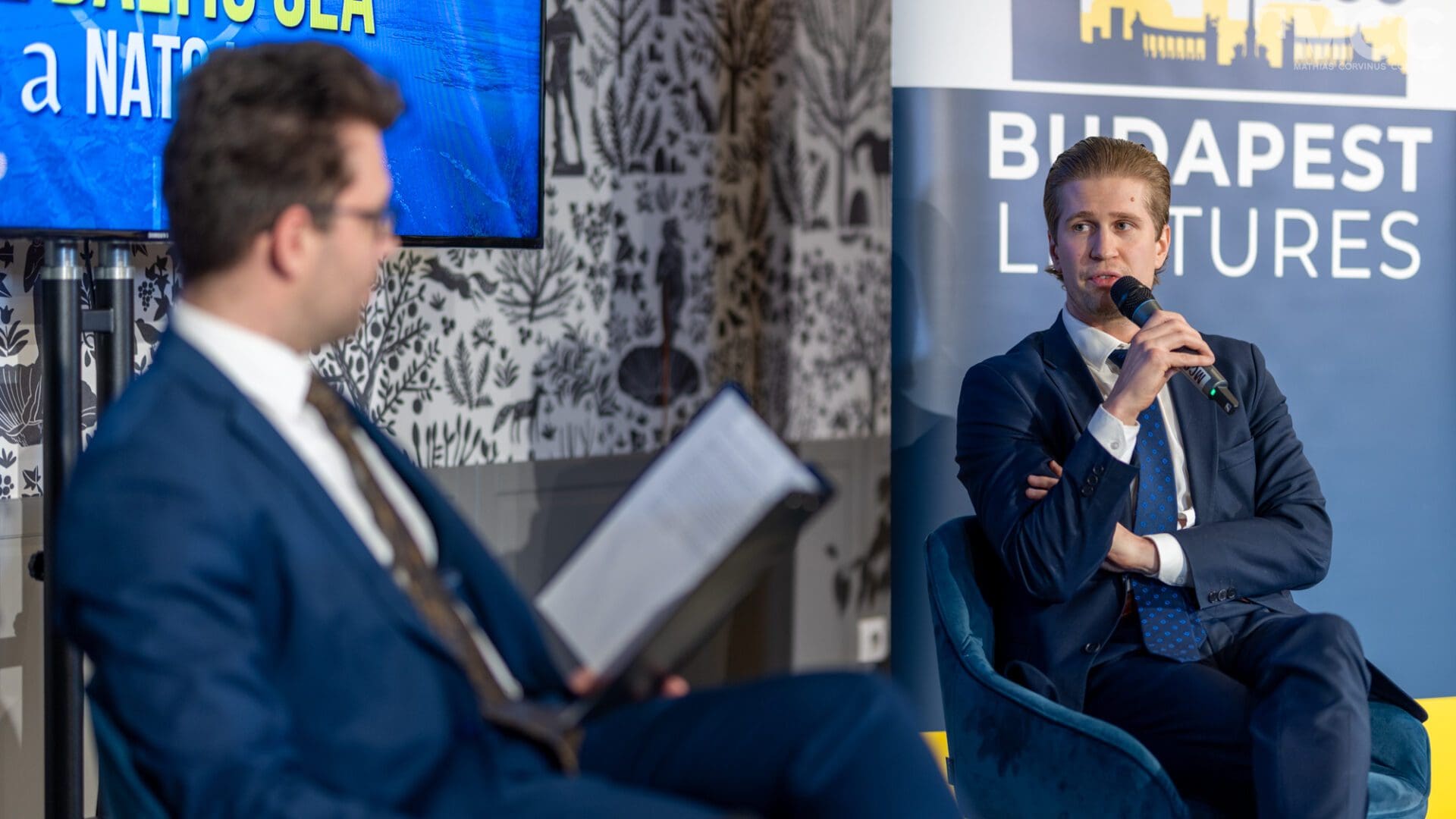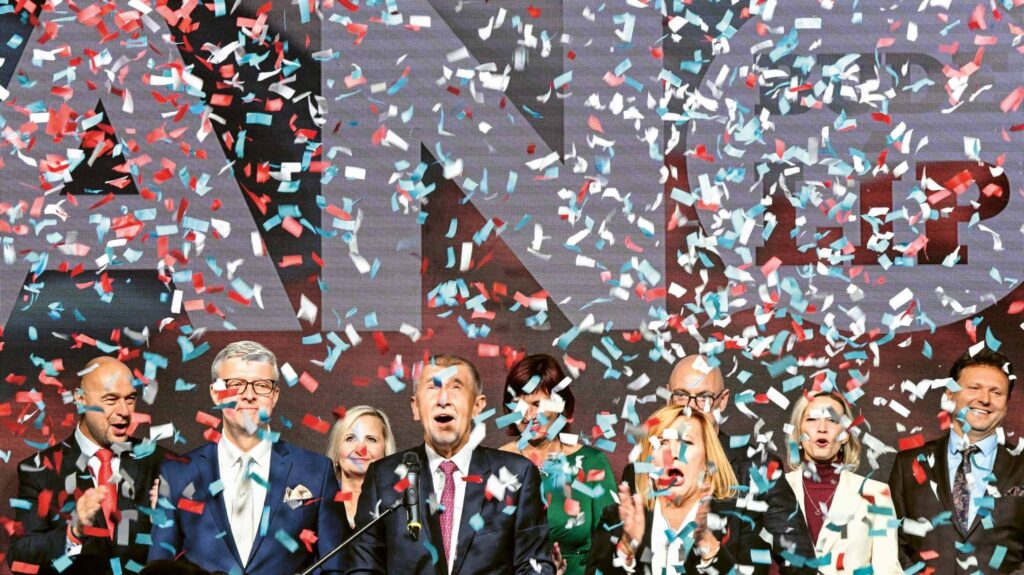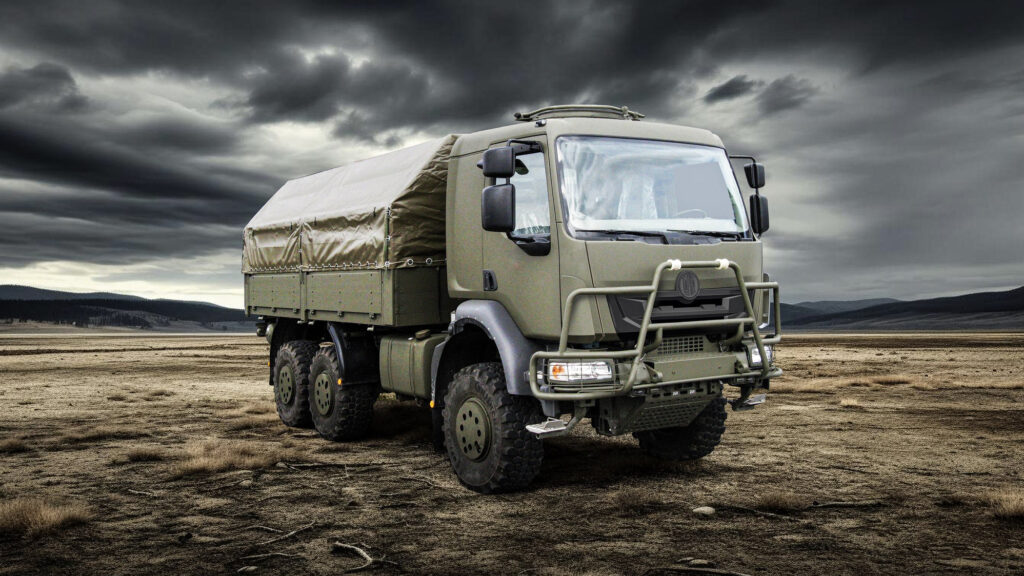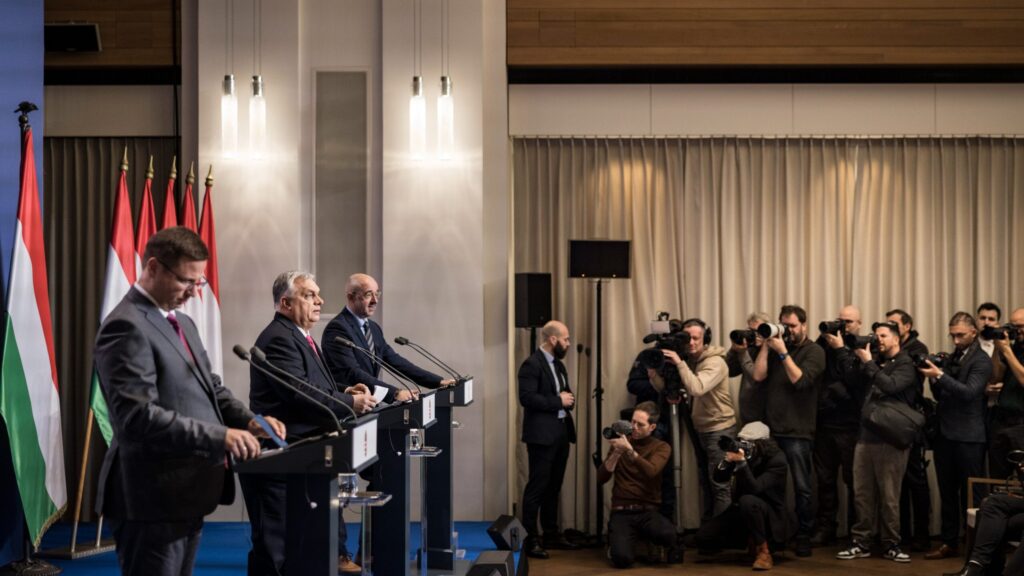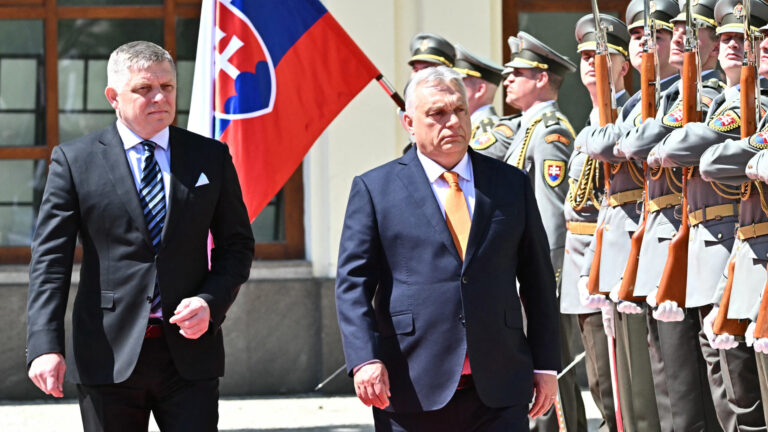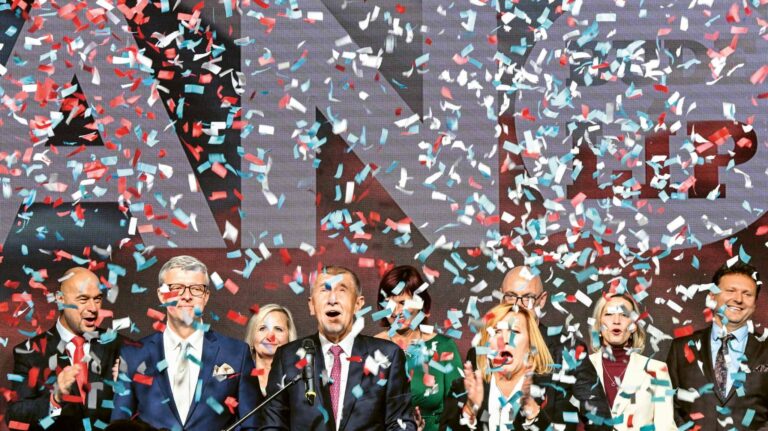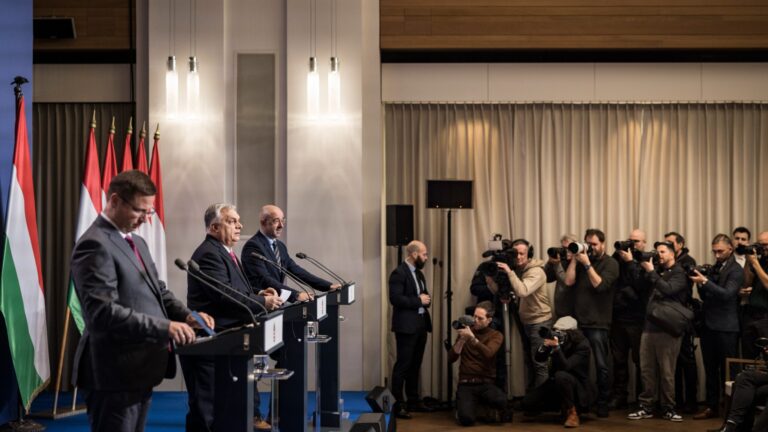Finland has maintained a policy of military non-alignment since the end of World War II but has also pursued close relations with NATO through the Partnership for Peace program and cooperation in various military exercises and operations. Despite the relatively intensive cooperation with the North Atlantic Alliance, Finland had not expressed any interest in becoming a full member of NATO until now.
Finland’s military non-alignment policy is rooted in its desire to build and sustain good relations with both the West and the East, and to avoid being caught in the middle of any potential conflict between them. This policy has served Finland well in the past, but the landscape has obviously changed now.
‘Russia Needs to Look in the Mirror’
Henri Vanhanen explained that Finland has never been able to ignore Russia, since they share a massive border. For this very reason, Finland attempted to stay neutral in previous conflicts in order not to anger their neighbour, because ‘Russia is a defining factor in the fate of Finland’.
He added that while Finland always sought to keep a balanced position regarding Russia, neutrality has been ‘kind of forced’. Vanhanen noted that his country had no real choice in the matter, but attempted to distance itself from the Soviets. The traditional focus of Finnish geopolitics has been to minimise the Russian threat at all times. But it is this very tradition that has become the reason why Finland is bidding to join NATO now.
He emphasised that Finland has the second longest border with Russia, and the landscape on the border could be a stopping force if Russian infantry would ever attempt to go through it. Vanhanen underlined that it is one of the most heavily guarded borders with a massive military presence, stating that ‘borders themselves do not start wars, countries do’, and that Russia ‘needs to look in the mirror’ and realise what they did, and that Finland joining NATO is a direct result of its actions.
Russia Miscalculated
Vanhanen said that Russia made some ‘terrible miscalculations’ when starting the war. An important one in the long line of miscalculations was that, in his opinion, Putin did not expect Finland to ‘have the courage’ to join NATO as a reaction to the aggression against Ukraine. Putin, he said, probably thought that following the historical pattern, Finland would choose to remain neutral.
Vanhanen added that however neutral Finland looks in retrospective, there has always been strong advocacy for leaving a NATO option open, and allying with the organisation, even without considering actual accession.
The Baltic Sea is Essential to World Trade
When asked about Russian forces being sent close from the Finnish border, Vanhanen said that since those Russian units were lost during the conflict, the direct threat from Russia decreased on Finland as well.
In terms of the Finnish military, he said that the country has some 23 thousand active military personnel and 900 thousand reservists, as well as a sizeable modern navy. He emphasised that the Nordic military as a whole is formidable, and one should take it seriously. He mentioned that Sweden has an advanced and large submarine fleet, and Sweden and Finland have over 200 fighter jets.
When asked about the broader geopolitical context, Vanhanen noted the Baltic Sea is essential to world trade, and when Finns are protecting it, they are in reality protecting the freedom of navigation. He underlined that protecting the freedom of navigation and flow of trade is what Finland can contribute to NATO.
When asked about the Finnish artillery, specifically if it could paralyse Russian cities or highways that are close to the border, the expert expressed that while ‘it all depends’, NATO ‘doesn’t do offence’. He noted that Finns are pragmatic, and the country prefers to react to what happens around it—they deal in deterrence.
‘Finns Are Not Afraid, We Are Pragmatic’
Vanhanen explained that former NATO relations are now not sufficient for Finland, since the country is ‘dealing with a different Putin than 20 years ago’. Adding that the behaviour and decisions of the leader of Russia have become erratic and reckless recently. Russia is more likely and willing to enter conflicts, this is why Finland decided to join NATO. As Vanhanen put it: ‘There’s a price that comes with war’.
He underscored however that if Sweden and Finland join, Russia will not be checkmated and there will not be any offensive launched on their part. What they will do on the other hand is closely follow events and react to what happens next, to what Russia may decide to do in the future.
He said that Russia is currently dealing in hybrid warfare, ‘blowing things up in the shadows’. This means that the forces are not engaged in standard military practices, rather waiting for opportunities caused by possibly less than moral acts in other parts of the globe. He stressed that ‘we don’t know who we will be sitting down with when the war ends. It might be Putin, it might not.’
To reiterate his thoughts, Vanhanen underlined that Finland did not join NATO out of fear, since ‘Finns are not afraid, they are pragmatic.’

